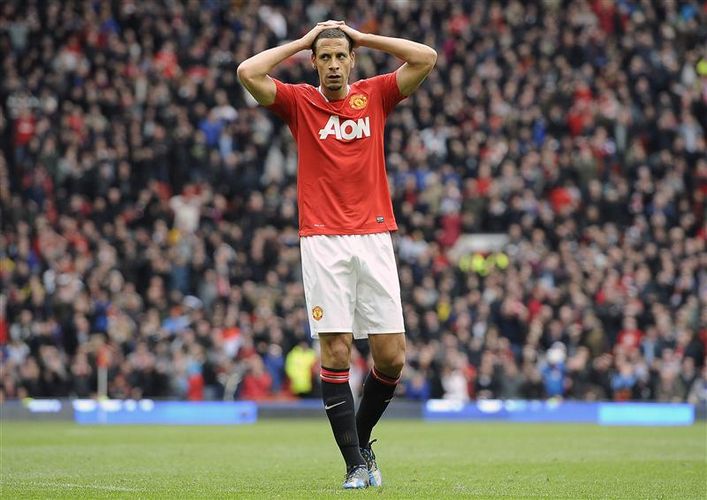The prospectus for the US$500m NYSE IPO of Manchester United filed with the SEC last week was light on detail about the planned transaction, but highly illustrative of the benefits of listing in the US rather than the football club’s natural home in the UK.
As expected, the Glazer family has established two classes of shares with different voting rights to ensure that it retains control of the club even as existing shareholders are diluted. Class A ordinary shares carrying one vote will be sold in the IPO, while the Class B shares, which convert to A shares when sold to non-affiliates of existing holders, will carry 10 votes. While the holders of B shares own at least 10% of the company, they will control 67% of the votes and ensure investors in the IPO can never hope to wrest control away from the Glazers.
The dual-class shareholder structure is accepted in the US and was seen on the recent Facebook IPO, although it is not welcomed by European investors.
More shocking to investors is that United is coming to market on numbers that are significantly out of date. The most recent audited financial statements in the deal’s prospectus are dated June 30 2011. US guidelines (Rule 8.A.4) state that companies should IPO with statements at most 12 months old, but an exception of up to 15 months is allowed under certain circumstances. The exception is available if the company is not required to produce these numbers in any other jurisdiction and complying with the 12-month limit is “impractical and involves undue hardship for the company”.
Edward Woodward, executive vice-chairman of Manchester United, stated this was the case in a letter to the SEC last week. But one major UK institutional investor challenged the claim of hardship and the wisdom of listing with such old accounts.
“Listing with numbers that are so stale is very concerning,” said the investor. “We have rules in the UK and Europe that would not allow this – good rules to stop messing around with accounts.”
United has included summary financial data for the nine months to March 31 2012, with comparative data for end March 2011, but these are unaudited. These accounts also create confusion as the end of the football season in May triggers several significant receipts. Hence, it is hard to compare these accounts with other full-year accounts that end in June. For example, the cash position at March 31 2012 was just £25.6m, versus over £150m held at the end of June in 2009, 2010 and 2011.
Accounts are deemed to have turned stale 135 days after they are dated, the maximum length of time that an auditor will stand by them. Last year, the US$10bn IPO by Glencore was completed using accounts that had just exceeded the 135-day comfort period. A few weeks later, the firm produced disappointing results, which has kept its share price on a downward trajectory.
A significant year
The investor focused only on audited numbers and said that in a year when the football team missed out on qualification for the knockout stages of the lucrative Champions League, Premier League title and the finals of both domestic cups was significant compared with companies with steady earnings year-on-year.
“Listing with numbers that are so stale is very concerning”
“It is a significant year. They have tried to list in the UK and failed, in Hong Kong and failed, in Singapore and failed. It is a sign of extraordinary pressure to now launch this,” he said.
It is possible that Manchester United could rush to produce the full-year numbers to 2012 if the deal runs into September, but there is no requirement to do so. Bankers refused to give any detail on possible timing, but a launch is still likely this month as the Glazers filed the first version of the prospectus two months ago (on May 3) and have updated it twice since.
JOBS for the boys
As the club’s revenues are below US$1bn, it can file confidentially with the SEC under the JOBS Act as an “emerging growth company”. The JOBS Act also means the company can pre-market to investors before launching bookbuilding.
Manchester United had eyed deal proceeds of US$1bn for its Singapore IPO. While the SEC filing includes a US$100m deal size, the final transaction will be far larger. Bankers involved suggested that the free-float could be as high as 80% and the deal could total around US$500m.
Jefferies is lead-left in a bookrunner group also comprising Credit Suisse, JP Morgan, Bank of America Merrill Lynch and Deutsche Bank.
The base deal is expected to be entirely primary, with the secondary component coming in the greenshoe. Proceeds will be used to repay US dollar debt due 2017 with a coupon of 8.375% at 108.375% and sterling debt paying 8.75% at 108.75%.
